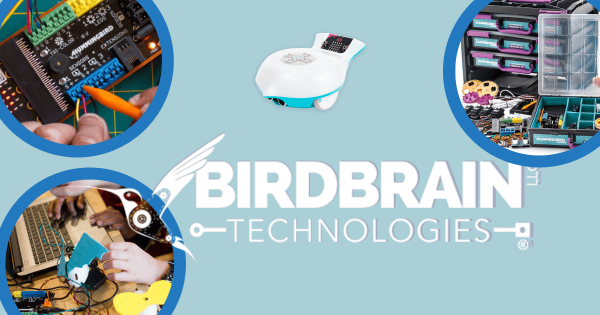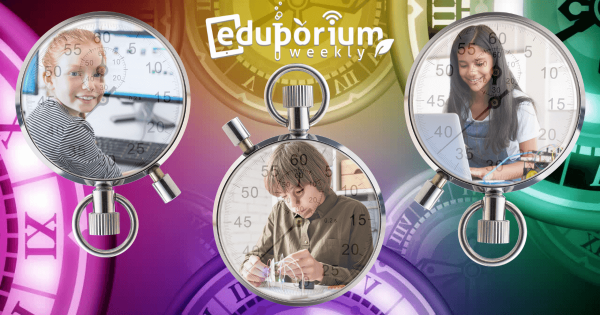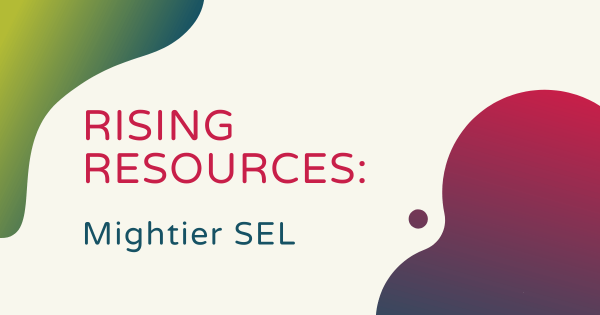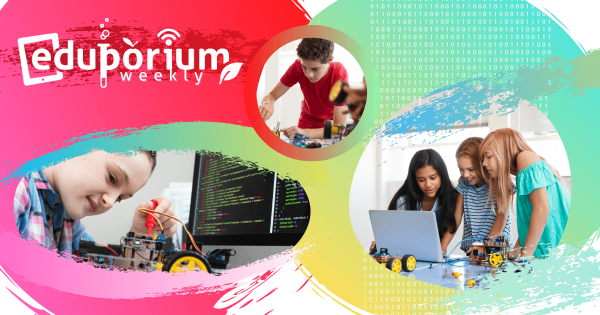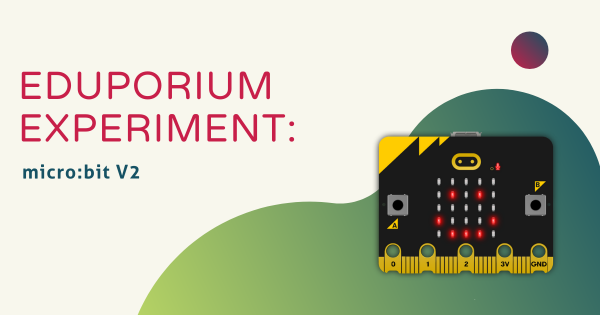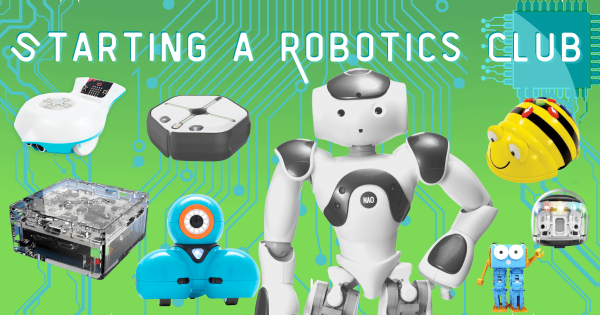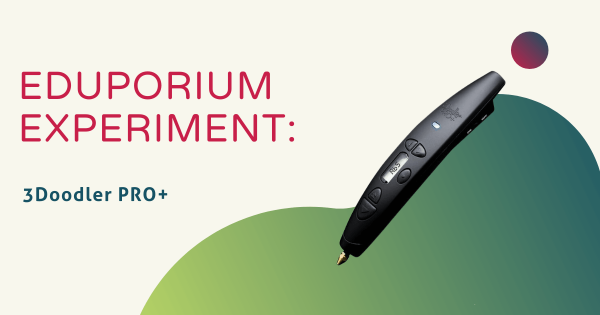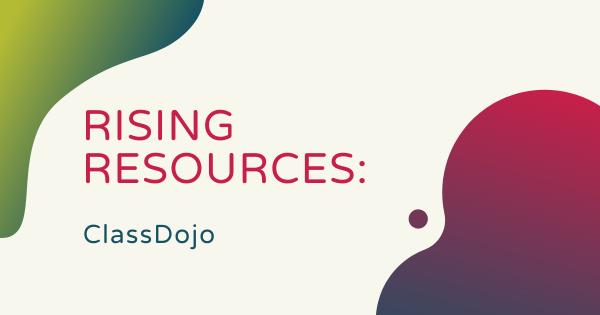Coding and arts education may not seem like they truly align all that much but, thanks specifically to the versatile Hummingbird Robot from BirdBrain, students can certainly combine them through impactful projects. Plus, with the fully capable Finch Robot 2.0, children in all K-12 grades can code and create with ease. And, there’s highly effective PD tools for teachers, too!
Andy Larmand
-
Eduporium Weekly | Some Of The Logistics Of Self-Paced Learning
Self-paced learning is a form of differentiated instruction that teachers can integrate into learning experiences. In self-paced learning, teachers can let their students decide how many lessons they need and how much practice constitutes them mastering something. There are also various instructional techniques you could use and many potentially positive outcomes for kids. -
Rising Resources | Mightier SEL For Regulating Emotions
Mightier is ideal for students who are between six and 12 years old since it helps them learn to identify why certain behaviors are harmful, how to best avoid them, and how to manage their feelings. Children can use Mightier in or out of the classroom and they typically start to show improvements with emotional behavior and managing reactions within -
Eduporium Weekly | Highlighting Child Inventors To Inspire More
It’s not just the seasoned scientists and computer programmers who might invent world-changing and progress-focused solutions. In fact, there’s also plenty of inventive kids and teens out there who have left their mark on the world with both big and small inventions, and some have even contributed to key inventions throughout history. So, let’s learn about a few of them. -
Rising Resources | How To Stay Organized With Wakelet
There’s a good chance you might have already heard of Wakelet, the super popular online organization tool that’s used by a bunch of K-12 teachers. If not, Wakelet is a free service that helps teachers save, organize, and share online content with children and parents. Beyond that, however, its built-in features help make content curation and instruction even easier. -
The Importance Of Consistent Coding Education In Schools
The importance of providing all children with the opportunities to learn key computer science skills is often a really legitimate emphasis among STEM-minded instructors. We know how vital these skills may turn out to be for a larger number of them. Empowering students to learn these skills early and perfect them often could also help open up career opportunities later -
Eduporium Experiment | Coding With The micro:bit V2
The always-popular micro:bit V2 comes with many noteworthy technology features, like a built-in speaker, built-in microphone, and a touch-sensitive logo that’s also programmable. Students can try numerous projects when programming the micro:bit with MakeCode and incorporate these unique tech features in their programs, adding interactive invention to STEM. -
8 Steps For Introducing A School Robotics Club
Most school administrators will be happy to give their approval for starting a school robotics club but you’ll still have to show a clear value proposition in your proposal. Once you get approved, research some classroom robots and find lesson ideas, you’ll be ready to firm up the key logistics, including where you’ll meet, how often, and how to tie -
Eduporium Experiment | 3Doodler PRO+ 3D Printing Pen
Sometimes, makers simply feel completely inspired to bring STEM projects to another level. Oftentimes, 3D design and creation fit right into facilitating such experiences for students of all ages but those who’ve mastered some of the basics tend to crave new challenges. And, that’s perfectly fine since, as we’ll learn, the 3Doodler PRO+ pen provides that extra power. -
Rising Resources | The ClassDojo Communication App
For this Rising Resources post, we explored the classroom communication app known as ClassDojo. It is quite popular and one of the main reasons it continues to be such a valuable classroom resource is that it really enables educators to move away a from one-size-fits-all model. They can even use it to share content with students, improve classroom culture, and



